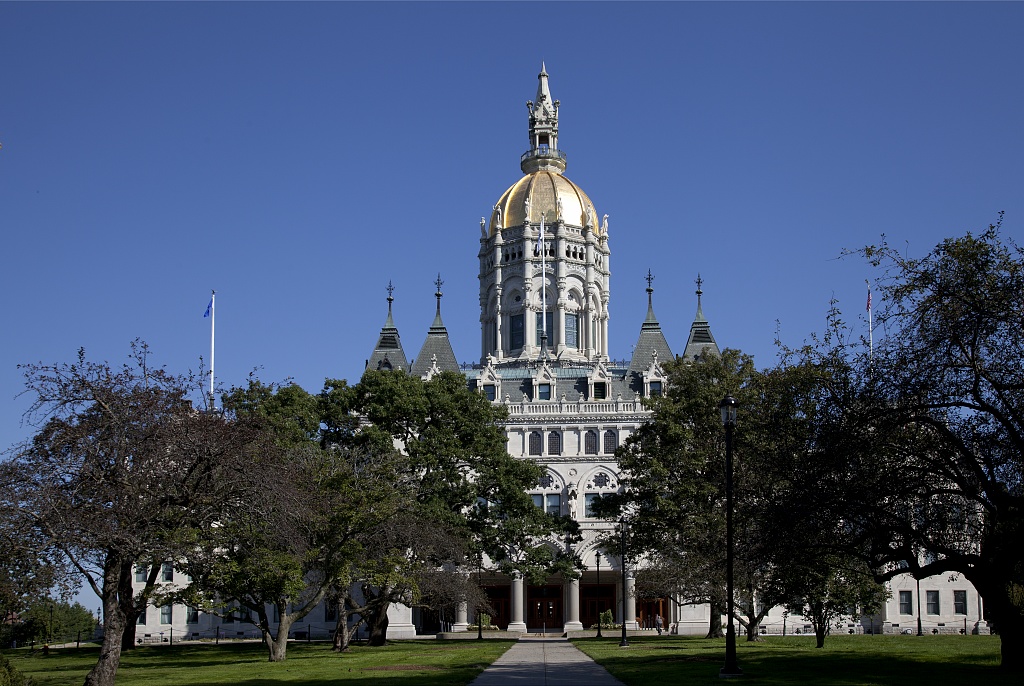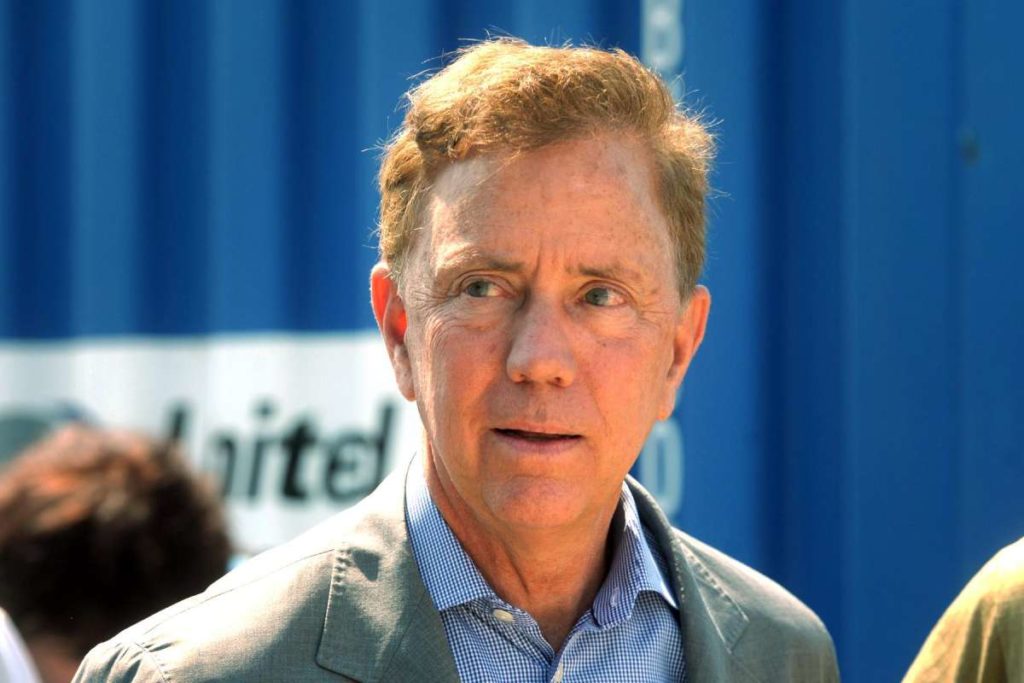Connecticut Democrats have just passed another tax-and-spend budget. Using their overwhelming majorities in the legislature, they jammed it through. Gov. Ned Lamont released the 527-page budget document on the afternoon of June 2. Less than 24 hours later, Democrats forced a House vote, passing the budget before Republicans and the public had much time to find out what was in it. Shades of U.S. House Speaker Nancy Pelosi’s call to pass Obamacare to find out what was in it.
That’s how the Democrats are wielding their absolute power in Hartford. Things become irreversible facts before anyone knows enough to object, or to offer other views or alternatives.
Legislative Democrats are not the only ones pursuing this strategy. Lamont looks to be doing the same, if not worse.








